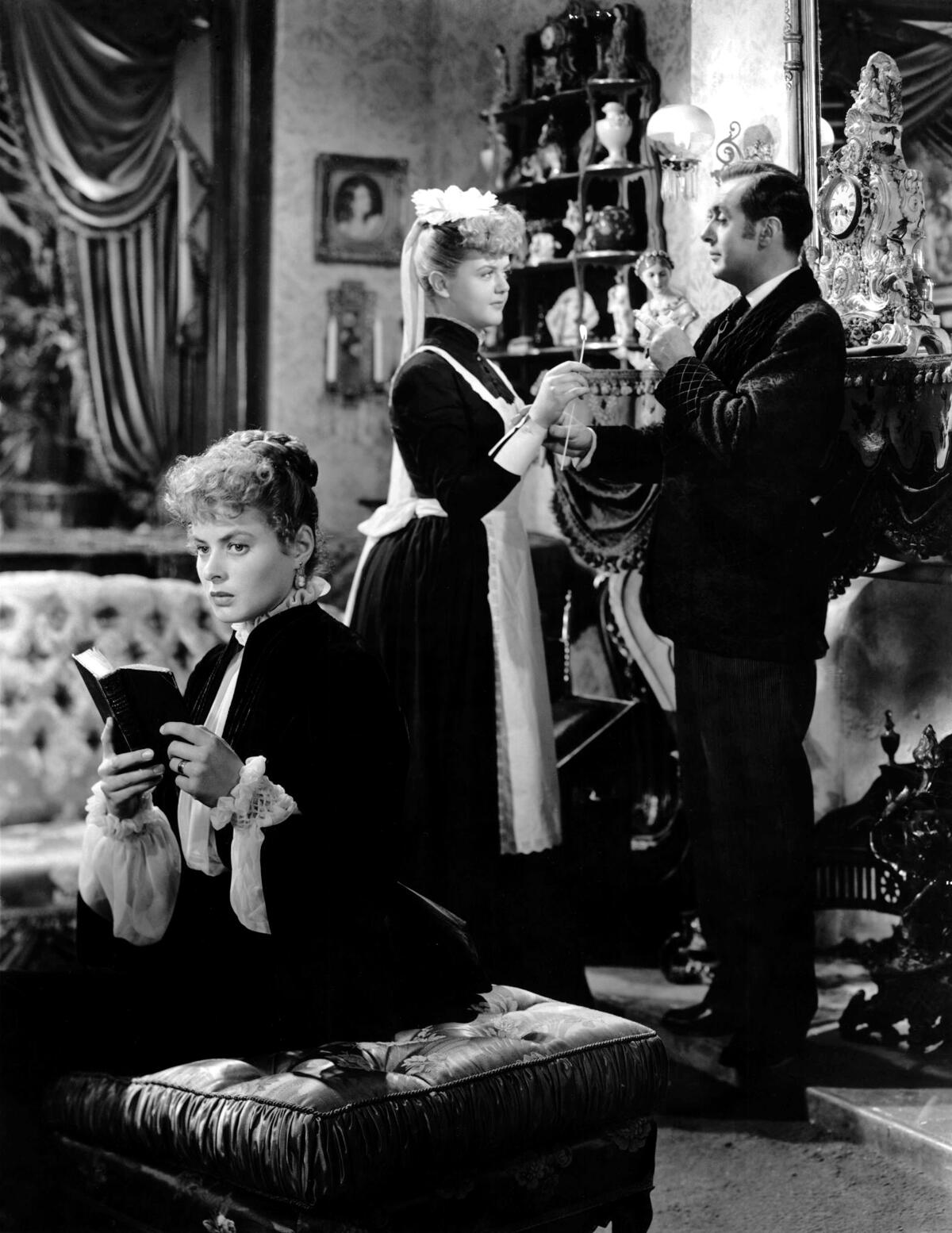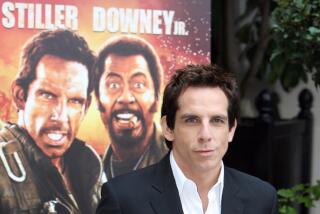Op-Ed: The term ‘gaslighting’ is everywhere, but are we using it the right way?

“Stop gaslighting me,” I joked to my brother. He rolled his eyes, “That’s not what the word ‘gaslighting’ means.” “Stop gaslighting me about gaslighting!” I yelled back.
Merriam-Webster has just announced that “gaslighting” is their word of the year for 2022, noting that searches for the word on its website have increased a whopping 1,740% from last year. From my perspective as a semanticist — a linguist who studies meaning — the word has two properties that have been driving us to look it up.
First, its meaning is non-compositional — meaning that the word is not composed of the meaning of its parts. There is nothing in the meaning of the word as we use it today that involves lights or gas. In this sense, it joins the ranks of only a handful of other English terms like “bucket list” and “catfish.” If someone were to encounter the word “gaslight” in a context in which its meaning isn’t fully transparent, they wouldn’t be able to use their inborn skills of semantic deduction to construct its meaning from the ground up, like they might with compositional compound words like “re-unlock.”
Chats at my pop-up grammar advice stand are always good-natured and grounded in mutual respect.
Gaslighting is defined, in part, as “psychological manipulation of a person usually over an extended period of time that causes the victim to question the validity of their own thoughts, perception of reality,” according to Merriam-Webster. “Gaslight” has a roundabout, indirect etymology, one that co-opts the title of the 1944 movie, “Gaslight,” which tells the story of a woman whose husband slowly manipulates her into believing that she is losing her mind. The word has become shorthand for the behavior central to the movie’s plot.
Second, and related to my brother’s complaint, the term has undergone an extensive amount of semantic bleaching, and in a very short amount of time. Semantic bleaching is a common process by which a word with a specific meaning comes to take on a more general meaning over time. It’s a natural consequence of language users using their language in innovative ways.
In the case of the word “gaslight,” the specific meaning is the one that tracks the plot of the movie, involving psychological manipulation over a long period of time, culminating in grand-scale emotional abuse. The general meaning is a bleached one, in that it doesn’t require any extended practice or long-term goals. This is the second of Merriam-Webster’s two definitions: “the act or practice of grossly misleading someone especially for one’s own advantage.” By this definition, gaslighting can happen on a single occasion, as long as it’s substantial enough, and deliberate.
What makes the game Wordle special is its social energy. Its shareable grids connect us, giving us a window into another person’s mental process.
An infamous example of semantic bleaching involves the word “literally.” In more traditional usage, it describes characterizations that are accurate to the letter (literally). Its bleached use doesn’t require any amount of accuracy, but instead confers emphasis. But this bleached use of the word “literally” has been building up in the collective English lexicon for over 300 years, traceable back to novels published in the 1790s.
In the case of “gaslight,” we’ve only had the term in its non-compositional sense, since 1944, and its use only really started taking off in the 2000s. That means we’ve squished an often centuries-long process of semantic transformation into just two decades. It’s no surprise, then, that the result is disagreement about the proper use of the term. So my brother does have a point, but so do I.
Jessica Rett is a professor of linguistics at UCLA. Her research investigates the meaning of words and how they contribute to the meanings of sentences, either in isolation or in broader contexts.
More to Read
A cure for the common opinion
Get thought-provoking perspectives with our weekly newsletter.
You may occasionally receive promotional content from the Los Angeles Times.












